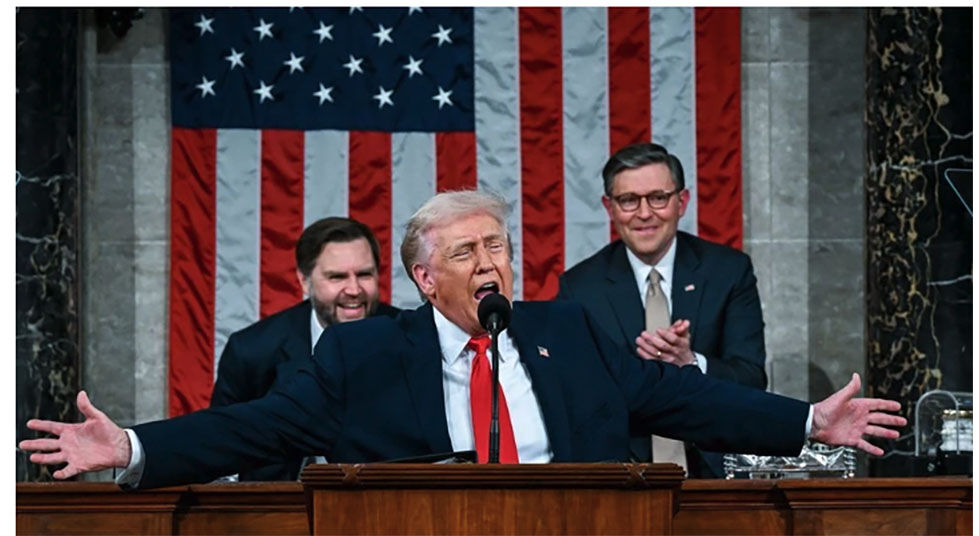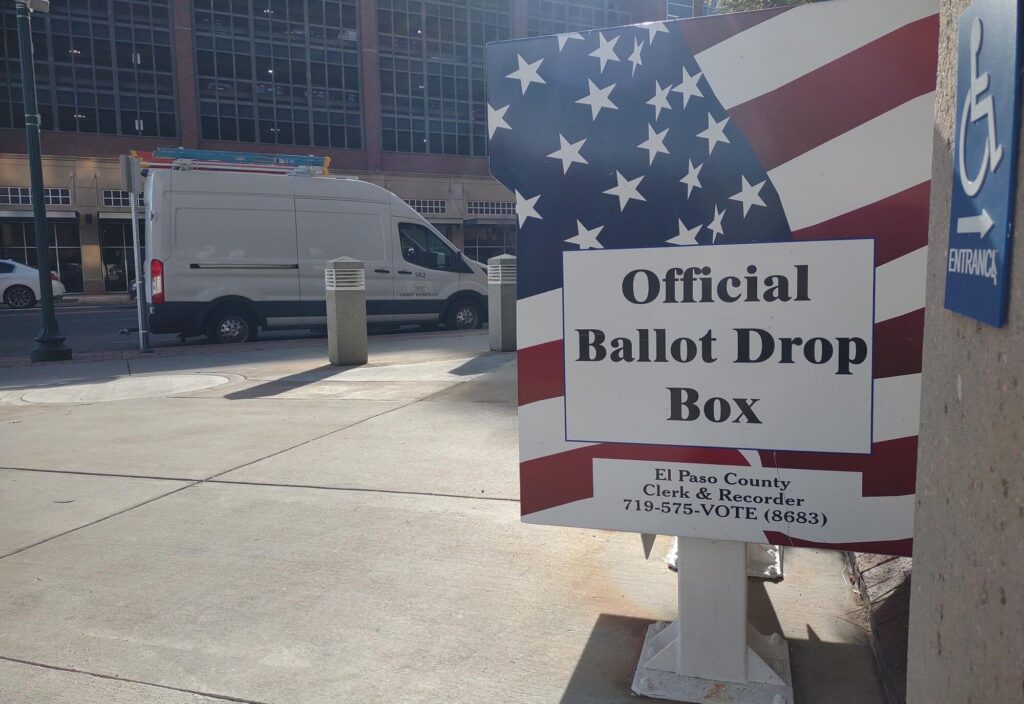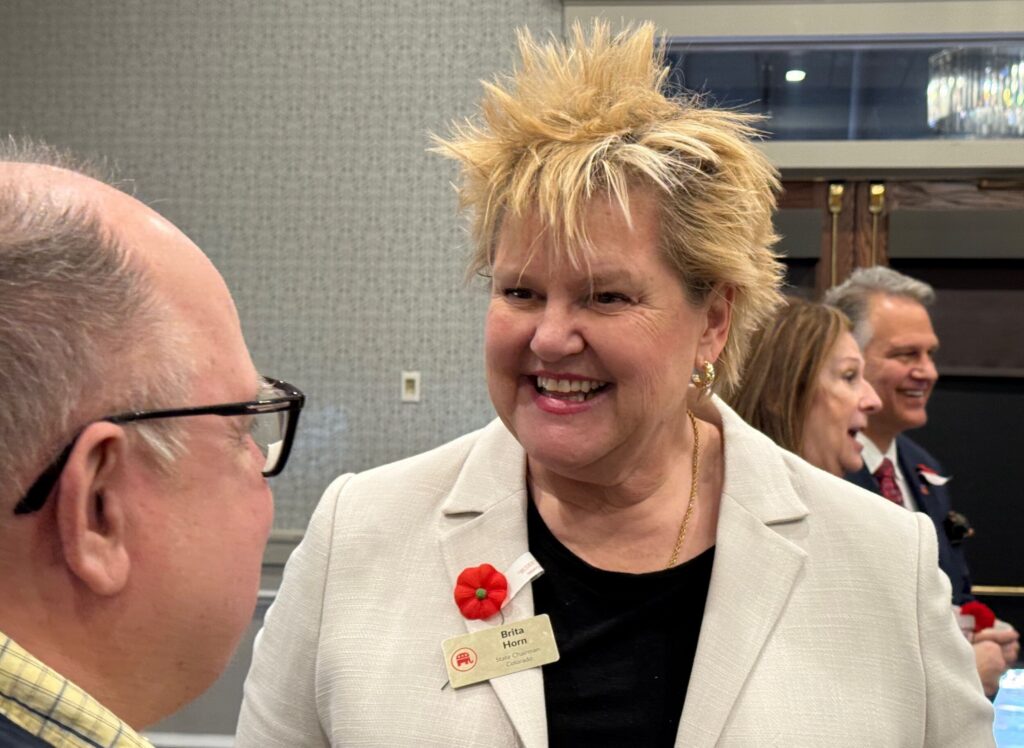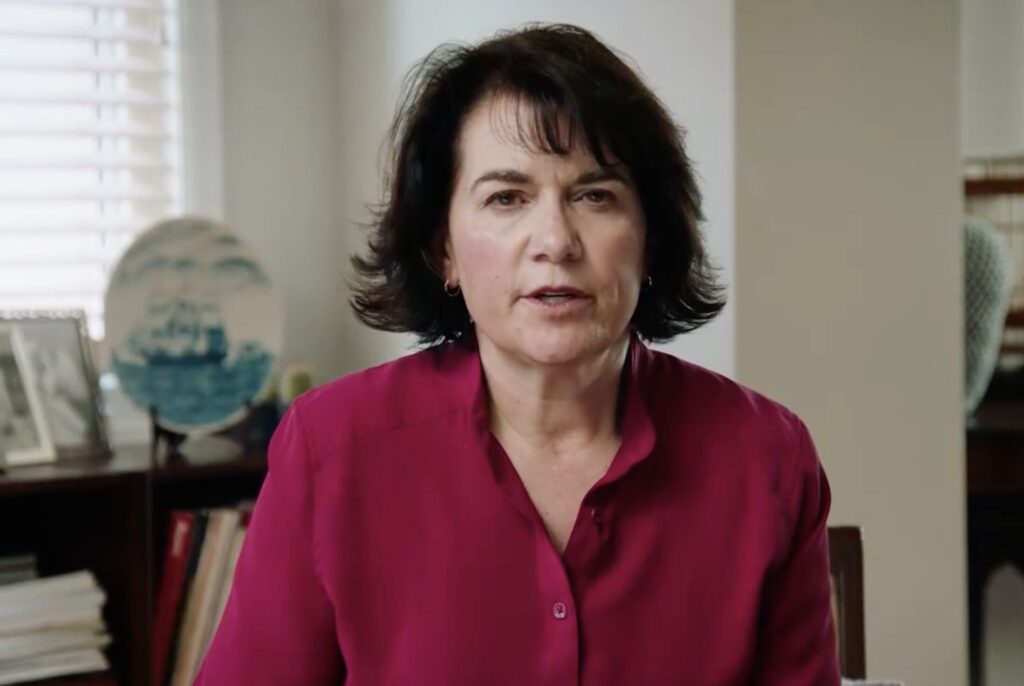State chairs: highly qualified to herd ungrateful cats
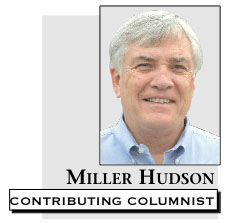
Four years ago both the Colorado Republican and Democratic Parties elected unusually young chairmen. Historically, both parties often turned to senior donors or business heavyweights for whom this recognition was, in part, a reward for long service and/or a readiness to pull out their own checkbooks in support of party candidates.
The election of Ryan Call and Rick Palacio seemed to signal a passing of the torch to a generation of leaders better able to navigate the roiling waters of social media and a tweeting, blogging, online journalism. This pair required salaries for their service, however, since they have not yet achieved the kind of personal financial comfort enjoyed by many of their predecessors. Each has experienced ballot losses, but those were offset by equally significant successes. Easily re-elected in 2013, each now faces a rebellion in the ranks that may return them to the job market.
If someone were to place a bet, it would probably be wise to wager on their respective reelections, but the odds are surely no more than 6-5 for either of them. It would be hugely foolish to stake a large bet on their survival. Speaking from experience, I can attest to the fact that party leadership is the worst job in all of politics. As one anonymous wag observed about intra-party fights, “…your friends will come and go, but your enemies tend to accumulate!”
Much like school superintendents, town managers and police chiefs, rapid turnover is the name of the game. What appears from the outside to be a powerful position is actually endowed with only negative authority. Party chairs must referee internal disputes, defend incumbents against all challengers and discipline the undisciplined. They can punish, even destroy a candidate, but rarely can they assist. Money is raised and distributed elsewhere, by others. Campaigns and their consultants resist advice while the disgruntled plot your removal.
Yet, when disaster strikes, the chair is expected to take the blame, explain failure to the press and defend decisions in which they had no voice. What a great job. The day after my unexpected election as Denver County Democratic Chair in 1983 — another generational rebellion in which I was recruited by Mayoral candidates Federico Peña and Wellington Webb in order to wrest the party machinery out from under two decades of control by supporters of Dale Tooley and Bill McNichols — I received a phone call at my office from Congresswoman Patricia Schroeder. She wanted to schedule breakfast the following Saturday. Naturally, I agreed. Just half way through her eventual 24 year run in Congress, Pat wasted no time cutting straight to the heart of her concern.
“Miller, I know there are Democrats in this town who think it’s time for me to step down — who are saying it’s time to send a minority to Washington from Denver. Well, I’m not going anywhere. I’m running and I want to know, as my chairman, can I count on your support next year?” Talk about taking care of business. I couldn’t help admiring her audacity and gave the only answer that seemed possible, “Of course you can count on my support Pat.”
I had the advantage of knowing I would not be running for a second term, so I could opt for doing what appeared to be the “right thing” without worrying about who might be embittered. You can make enemies even faster with this approach. Gary Hart was running for president as a “favorite son” in 1984 and most Democrats wanted to send a unanimous Colorado delegation to the national convention. The best chance Mondale had of clinching a slot was in Denver, where labor delegates just might break the 15 percent threshold required for a delegate slot. The Mondale supporters only mustered 13.5 percent and threw a fit, demanding they be awarded a seat for having come close. I ruled against them and the succeeding 23 challenges against the “ruling of the chair”. When I was finally admonished from the floor for failing to respect the rights of the minority (they were losing every vote by margins of six to one), I countered by asking when they would respect the will of the majority? The parliamentary battle faltered but it earned me a lingering reputation as a hard-nosed S.O.B.
Call and Palacio seem to have gotten themselves into trouble in nearly opposite ways. Both suffer from grumbling regarding their $100,000 plus salaries, which are likely defensible yet still far more than 90 percent of convention delegates are likely to be taking home. The campaign reform amendment approved by Colorado voters a decade ago that severely restricted the size of contributions that can be made directly to candidates, when combined with the Citizens United decision, now drives 70 or 80 percent of campaign fundraising into the dark money world of 526 and 527 committees. These committees cannot coordinate with candidates or the parties and are controlled by a handful of anonymous directors. You can guess, I imagine, who gets blamed when their antics — usually negative attack ads — backfire and damage the party’s candidates.
Candidates in both parties are increasingly objecting to their demotion to the role of bit players in their own campaigns. As one Democratic legislator in a swing district told me last fall, “I worry almost as much about what my friends are going to say as I do about my opponent, who I actually like.” (Whoever chairs the parties during the next election cycle should get together and look at what can be done to address this problem.)
Palacio is under fire for being AWOL much of the time, serving on national policy committees, skipping local events and failing to return calls or respond to e-mails. Basically, the complaint is that he has gotten too big for his britches. Losing a pair of recall elections, control of the state Senate and four of five statewide races hasn’t helped. There is also a sense he was mysteriously recruited by and then forced upon the rank and file by murky forces in Washington, where he was working for Majority Leader Steny Hoyer prior to returning to Colorado and running for chair.
After a decade of dominance at the ballot box, there is widespread fear that the party’s 2014 losses could expand in 2016, whatever victory margin Hillary might roll up at the top of the ticket. Underpinning this anxiety is a sense that legislative Democrats botched their turn in power by losing touch with the priorities of the party’s grassroots. The behavior of the newly elected Republican Senate majority strikes fear in many with the possibility of a House takeover on the horizon.
Call, by contrast, is criticized for sticking his fingers in nearly everything. In his case there has been a little too much “presence.” Tea Party renegades, who organized the Senate recall elections, were virulently unhappy with his perceived early criticism of their efforts, and several primary candidates strongly suspect he was playing footsie with some of the “dark money” crowd in attempts to inflence their elections. The recent guilty plea by Tyler Harber for illegally coordinating with a Congressional campaign in Virginia hasn’t helped. Harber was hired by Call to manage the Colorado Republican party’s independent expenditure committee. Although the IEC was not a particularly successful fundraising effort, most of the money it did collect appears to have disappeared into Harber’s pockets with little or nothing to show for it. Too cute by half is the judgment of many.
Party activism is something of an addiction. Once involved party activists usually cycle out “toes-up”. The longer delegates have served, the more conventions they have attended, the more likely they are to throw the captain of the ship over the side when they dislike the course that has been set.
Miller Hudson is a public affairs consultant. He can be reached at mnhwriter@msn.com
Colorado Politics Must-Reads:




